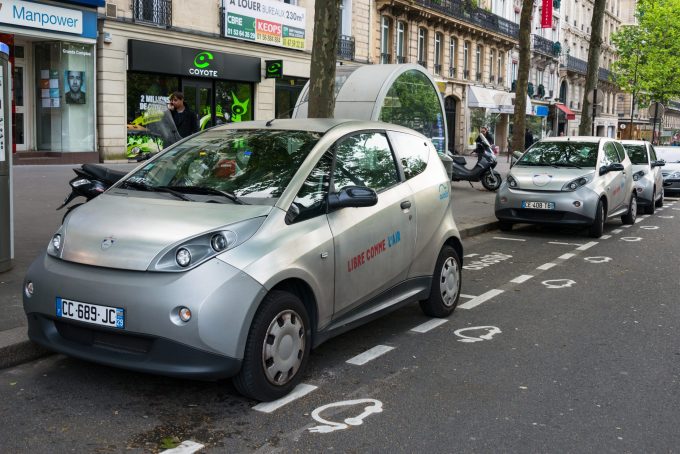Smart containers are the key to a more-visible supply chain
Current pressures on the international supply chain, and the increased volatility expected in the future, ...

Regulation in the maritime sector is moving too slow to keep pace with changes in the industry, particularly concerning the transport of electric vehicles (EVs) and lithium-ion (li-ion) batteries.
Delegates at yesterday’s Lithium-ion Batteries in the Logistics Supply Chain conference in London were told the use ...

Comment on this article